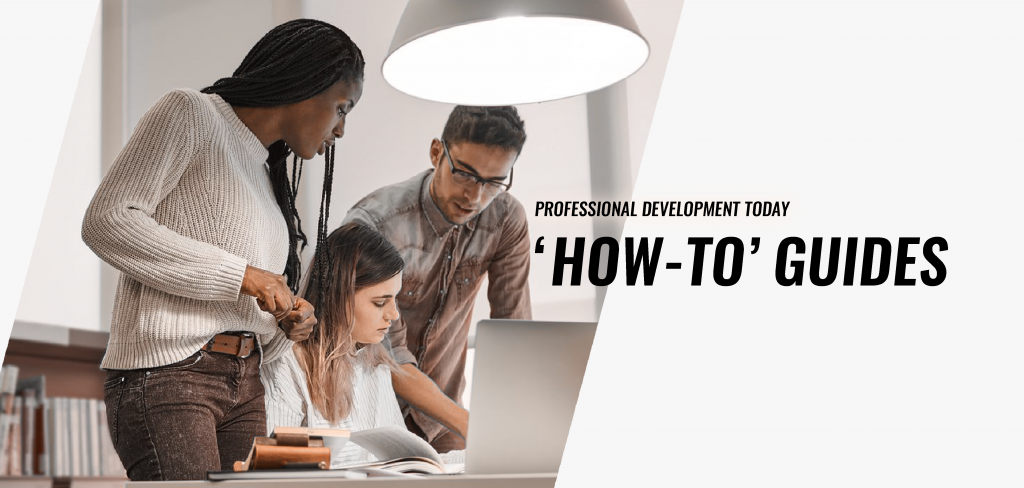
What are Research Learning Communities?
How can schools, their leaders and their teachers engage with and use research evidence effectively to develop new and effective teaching strategies? Research Learning Communities (RLCs), are an award winning approach which has been developed to do just this. They provide a thoroughly tested programme focused on bolstering the capacity of schools and their staff to engage with and use research to bring about improved practice.
Developing and using such RLC strategies is referred to here as engaging in evidence-informed practice (or EIP). Originally trialed in some 55 primary schools as part of a randomized control experiment, RLCs have subsequently been adopted by a range of school communities across the country. They are also now used in secondary schools as well as cross-phase. RLCs can cover a multitude of pedagogic and subject content areas where there is a substantive research base. For instance working with Institute of Education (IOE) colleagues I recently established an RLC focused on helping teachers engage with research on autism as a means to develop relationship building strategies for autistic children.
How effective are RLCs?
RLCs build on both Professional Learning Communities (PLCs) (Stoll et al., 2006; Stoll, 2008; Harris and Jones, 2012) and Networked Learning Communities (NLCs) (e.g. see Earl and Katz, 2006; Stoll et al., 2011; Harris and Jones, 2012). Drawing on the best of what has gone before, Research Learning Communities involve small groups of teachers coming together from a number of schools to focus on tackling key issues related to teaching and learning. Unlike PLCs/NLCs however, in RLCs there is an explicit focus on teachers learning from and building upon existing academic knowledge. Evidence indicates that RLCs are successful in:
- increasing teachers’ confidence to use research;
- building the capacity of school leaders to lead research informed change and develop school conditions that foster the use of research;
- enhancing teaching practice; and
- improving student outcomes (Brown, in press).
What is involved?
The RLC model involves participants attending four workshops over the course of an academic year (October to June), with the content of these workshops as follows:
- Workshop one: participants focus on understanding the research and current practitioner held knowledge about the specific issues being explored (for example how to ensure children develop growth mindsets). In this workshop they also gain an understanding what impact might look like and how (and what) to collect in order to establish the baseline (i.e. the here and now) picture.
- Workshop two: we explore the baseline in more detail, developed a research-informed approach to improving practice within each school and consider how this approach might be trialled effectively.
- Workshop three: participants are enabled to refine their approaches; this workshop is also used to introduce the idea of whole school change as well as change tools and change approaches.
- Workshop four: both impact and how to share knowledge of impact more widely.
Professional Learning Task: Research audit
Reflect upon what you have just read about Research Learning Communities and consider possible implications and potential for your own context. You may find it helpful to begin by carrying out an audit of your/your team’s current knowledge, skills and attitudes in terms of using research, leading professional learning based on research evidence and leading practice change based on research evidence. The following provides a tool for doing this. Using the grid below, first circle one number for you and then circle one number for your team (5=high/a lot, 3 = average, 1= low/none). In which areas might there be room for development? How might you achieve improvement in these areas?
|
| You | Your team |
| 1) Experience of doing research | 1 2 3 4 5 | 1 2 3 4 5 |
| 2) Knowledge of research methods | 1 2 3 4 5 | 1 2 3 4 5 |
| 3) Sharing your own research with colleagues | 1 2 3 4 5 | 1 2 3 4 5 |
| 4) Using academic research findings in your practice | 1 2 3 4 5 | 1 2 3 4 5 |
| 5) Confidence around interpreting research | 1 2 3 4 5 | 1 2 3 4 5 |
| 6) Confidence around conversations about research | 1 2 3 4 5 | 1 2 3 4 5 |
| 7) Using data to inform design of strategies | 1 2 3 4 5 | 1 2 3 4 5 |
| 8) Experience of leading professional learning (PL) | 1 2 3 4 5 | 1 2 3 4 5 |
| 9) Confidence around leading PL | 1 2 3 4 5 | 1 2 3 4 5 |
| 10) Confidence around leading practice change | 1 2 3 4 5 | 1 2 3 4 5 |